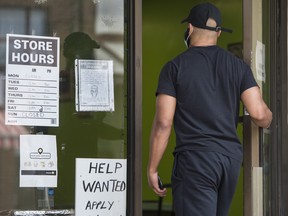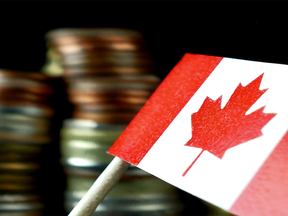The article discusses the impending end of pandemic benefits in Canada, specifically the Canada Recovery Benefit (CRB), and its potential impact on the labour market and GDP. Here are some key points:
- End of CRB: The CRB is set to expire at the end of October, leaving 800,000 Canadians without income.
- Impact on households: Economists estimate that the loss of CRB benefits will lead to an annualized reduction in transfers to households of $28 billion between August and November.
- GDP contraction: The impending end of business benefits like the Canada Emergency Wage Subsidy (CEWS) and Canada Emergency Rent Subsidy (CERS) is expected to contribute to a 1.7% GDP contraction over the next two months.
- Labour market: The article notes that there are 800,000 job vacancies in Canada, but many Canadians are still out of work due to long-term unemployment. Some may have given up on work altogether, particularly those aged 55 and over.
- Government response: Deputy Prime Minister Chrystia Freeland hinted at a press conference that the Liberals might extend CEWS and CERS for certain hard-hit sectors, but there is no indication that CRB will be extended.
Overall, the article suggests that the end of pandemic benefits could have significant economic consequences for Canada, including a contraction in GDP and a labour market that remains sluggish.



